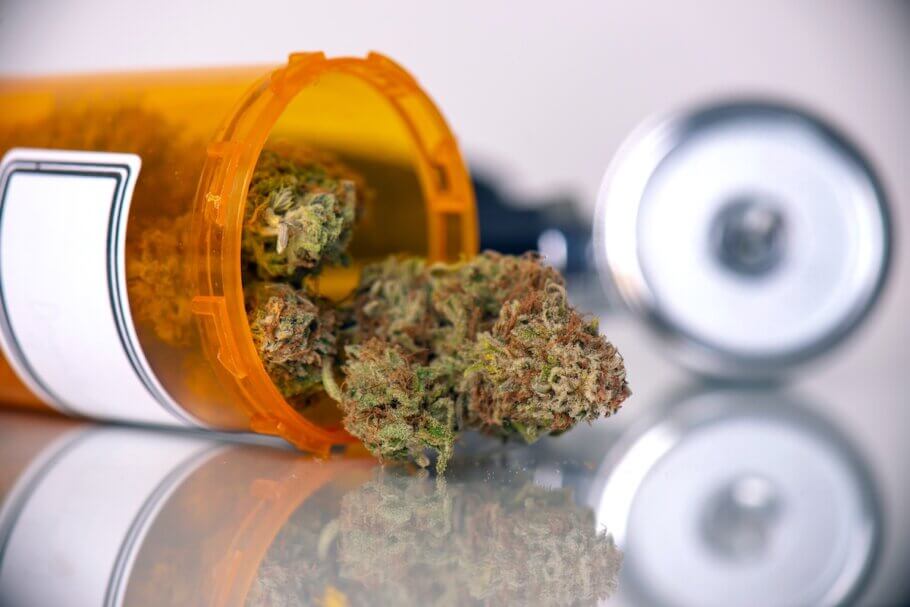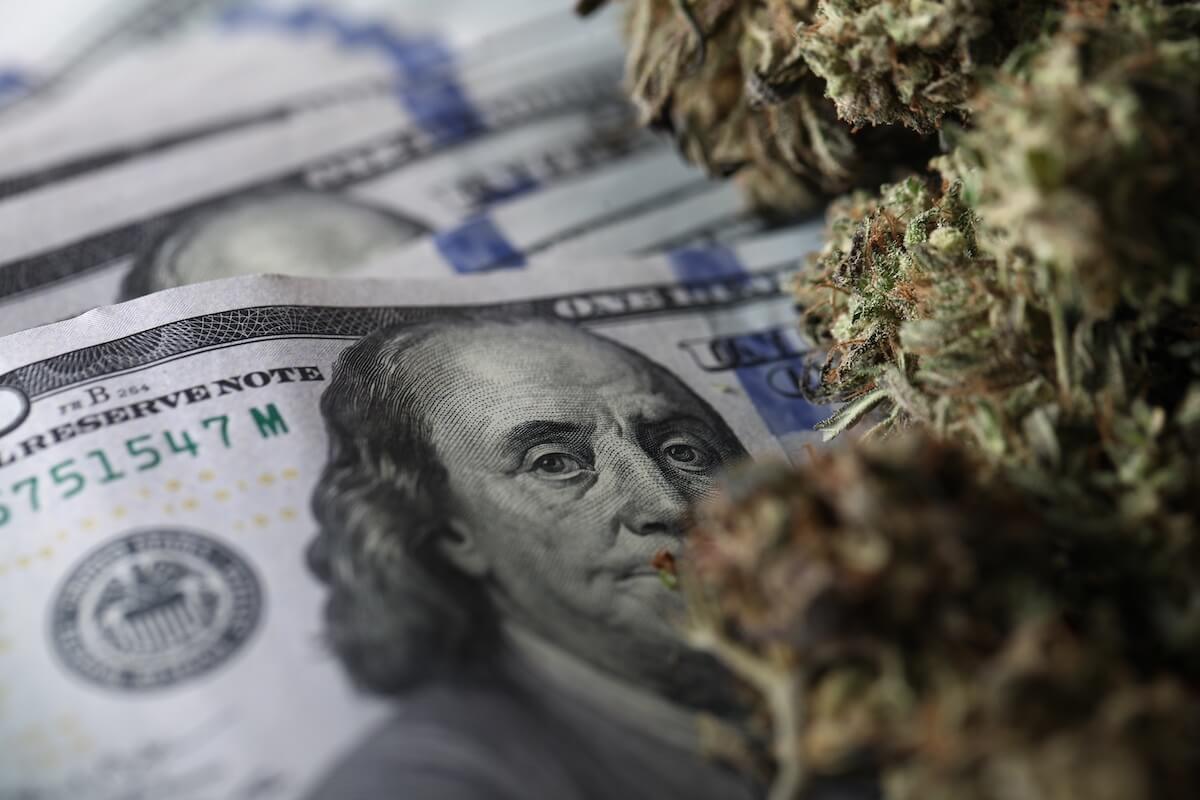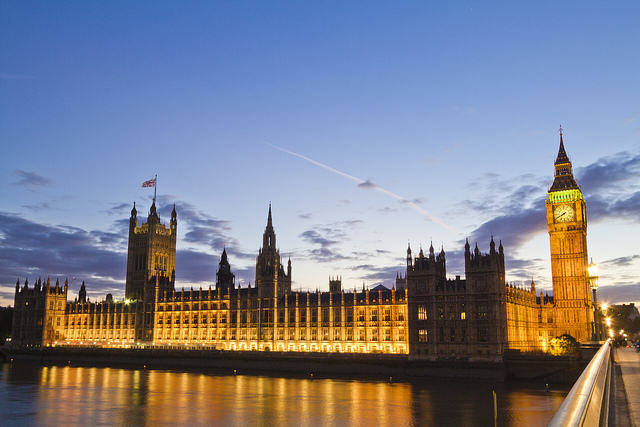Cannabis legalisation will cost Big Pharma billions
List of contents
A study by finance and economics experts at California Polytechnic State University and the University of New Mexico has concluded that legalising cannabis will reduce sales of conventional pharmaceuticals by billions of dollars. Previous studies have found that access to cannabis reduces the use of specific types of medication, but this is the first study to look at the overall effect of cannabis on pharmaceutical companies across products and types of patients.
With recreational and medical marijuana now becoming legal in many states, the newly formed legal cannabis industry is impacting on the stock value of many pharmaceutical companies. The researchers argue that their findings highlight the market's recognition of cannabis as an alternative to conventional medicines, also pointing to the need for further research into the therapeutic potential of this plant.
Legalisation lowers pharmaceutical companies' stock market value
The researchers studied how the stock returns of publicly traded pharmaceutical companies responded to laws legalising medicinal and recreational cannabis over a 25-year period, using daily stock data for 556 pharmaceutical companies. A subsample included 91 companies, of which 75 were generic drug manufacturers and 16 were brand-name drug manufacturers.
The researchers looked at changes in stock returns around 45 state-level cannabis legalisation events that occurred between November 1996 and November 2018, excluding 2016, when the election of President Donald Trump caused pharmaceutical stocks to rally.
According to the peer-reviewed study, published in PLOS One on August 31, 2022, researchers found that returns in the stock market were 1.5 to 2% lower 10 days after a cannabis legalisation event; and extrapolating the results, that the annual implications of this reduction were in the billions.

Specifically, the data indicated that each legalisation event had an impact of $63 million on the market value of a company, implying a total impact of $9.8 billion per event on the market value of all companies.
Based on drugmaker's historical sales ratios for the year of legalisation, the finding also suggests a $3 billion loss in annual sales for all drugmakers per event. The study also estimates that if the rest of the country were to legalise medical cannabis, the reduction in pharmaceutical sales could reach 11%.
Why doesn't the USA legalise cannabis at the federal level?
In the US, the number of arrests for cannabis-related charges is at its lowest level in years. Public opinion, the states and even the Republican Party have accepted the idea of legalising cannabis at the federal level. So why is it so hard to finally do it?
In addition to the general findings regarding the market value of pharmaceutical companies, the authors found that recreational legalisation had more than twice the impact of medicinal legalisation, presumably because the affected population is much larger, and because access to medicinal cannabis use is usually restricted to those with severe illnesses.
Furthermore, the researchers found that brand-name drug manufacturers were more affected than generic manufacturers, perhaps due to a greater competitive impact of cannabis's entry into medicines without any existing competitor. This abandonment of pharmaceuticals in favour of cannabis is already happening, despite the fact that standardisation, dosage, and other elements are yet to be established when it comes to marijuana.
Cannabis legalisation will cost big pharma billions as people opt for weed over expensive pharmaceutical drugs.
Cannabis as a substitute for pharmaceuticals
In their report, the researchers note that previous studies have shown that access to legal cannabis reduces the use of certain pharmaceutical drugs, including highly addictive opioids. In addition, other research has shown that legalisation also reduces drug use among specific patient populations, such as recipients of Medicaid, the US government's health insurance program for people in need.
The legalisation of cannabis is also likely to affect pharmaceutical companies due to the large number of diseases that this plant can treat. Unlike conventional medications, which are developed and approved to treat specific ailments, cannabis is used by patients to treat a wide range of physical symptoms, such as muscle pain and spasms, as well as mental health conditions, such as anxiety, depression, and posttraumatic stress disorders.

If you can't beat them, join them
The study argues that pharmaceutical manufacturers can benefit from investing in cannabis markets rather than lobbying against them; and that regulatory policy should facilitate further research into the risks and benefits of medical and recreational cannabis use. The magnitude of legalisation's negative effect on pharmaceutical stock market returns suggests that cannabis is likely to be a permanent and growing player in pharmaceutical markets around the world.
“For private and public drugmakers, we expect the response to legalisation to include investment and marketing,” the study concludes, citing the fact that Pfizer spent billions to acquire a “biotech company that focuses on cannabinoid type therapies”, specifically Arena Pharmaceuticals, which it acquired for 6.7 billion dollars in December 2021. The core of its operations is the R&D of its candidate drug Olorinab, which has already gone through phase II clinical trials. It is a full oral agonist of the CB2 cannabinoid receptor that is being investigated for the treatment of various symptoms, mainly focused on visceral pain related to gastrointestinal diseases.
But looking further afield, the study also suggests that cannabis could be a useful tool for increasing competition in the drug market. Currently, a large number of these pharmaceuticals are out of reach for those who need them, due to exorbitant prices. The study found that cannabis may be part of the solution to this problem, as it becomes a competitor in the market and could subsequently lower drug prices.
Lastly, while the researchers believe there is a chance that cannabis will end up being just a new extension of Big Pharma, this probably won't happen due to factors such as illegal sales and the ability to grow cannabis at home.
----
References:
- U.S. cannabis laws projected to cost generic and brand pharmaceutical firms billions. Ziemowit Bednarek, Jacqueline M. Doremus, Sarah S. Stith.





































































